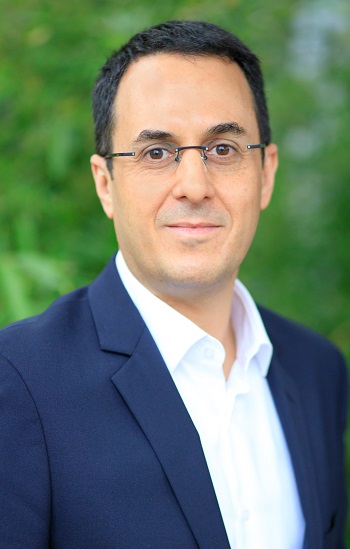International Standard Musical Work Code
PRS for Music announces a new important project to address the issue or music artists missing out on their loyalties.

In today’s music industry and digital music market, data plays a key role. Data exchanges are crucial and underpin every online stream and every download. Each song has identifiers, which are sets of numbers that indicate who owns rights and who should be paid royalties. There are two main identifiers: one for the musical composition (the International Standard Musical Work Code - ISWC) and the other for the sound recording (International Standard Recording Code – ISRC). The link between them is at the backbone of royalties collection for digital music. However, this link is usually missing when songs begin their commercial life.
Gadi Oron (Intellectual Property Law LLM, 2004 and QMUL Visiting Professor) explains the issue in simple terms here: “ISWC is the international standard identifier for musical works. Every time a song is written by a composer and is registered with an authors’ society like PRS for Music in the UK, the song receives an ISWC code. This code what helps societies claim royalties, and pay them to the songwriter. At the International Confederation of Societies of Authors and Composers (CISAC), the international organisation that I am heading, we are in charge of this international code.
A major issue in the music industry is that songs that are released, are uploaded to digital services (by the record companies who release them) without these codes. This means that in order for the artists to be paid, our authors’ societies need to find out which songs were created by which artists, and who needs to be paid AFTER the song has already been made available and streamed. Lots of money is lost for creators as a result, and sometimes there are problems around the identification of the people entitled to get paid. We are trying to solve this problem, and the best way to do it is by ensuring that the codes are attached to songs as soon as possible and before they are released commercially by record companies.
The project PRS for Music announced on 6th September 2023 does that. It helps ensure that the record companies can receive the ISWC codes, through PRS for Music and via the international systems that we run at CISAC, so that the correct songwriters are identified as the ones who are entitled to royalties as soon as the song is out. This is a very simplified explanation for a highly technical matter that involves different parties and systems.
As Director General/CEO of CISAC, Gadi Oron helped coordinate this project and CISAC’s involvement and support. The systems that CISAC runs internationally to support the ISWC identifier were adjusted to provide the functionalities needed for the project. This came after a major upgrade to the ISWC system, which replaced old systems with new ones to allow quick allocation of the codes, for the benefit of the whole music industry".
You can read more about it on cisac.org.
Professor Oron's post on LinkedIn can be read on his profile online.